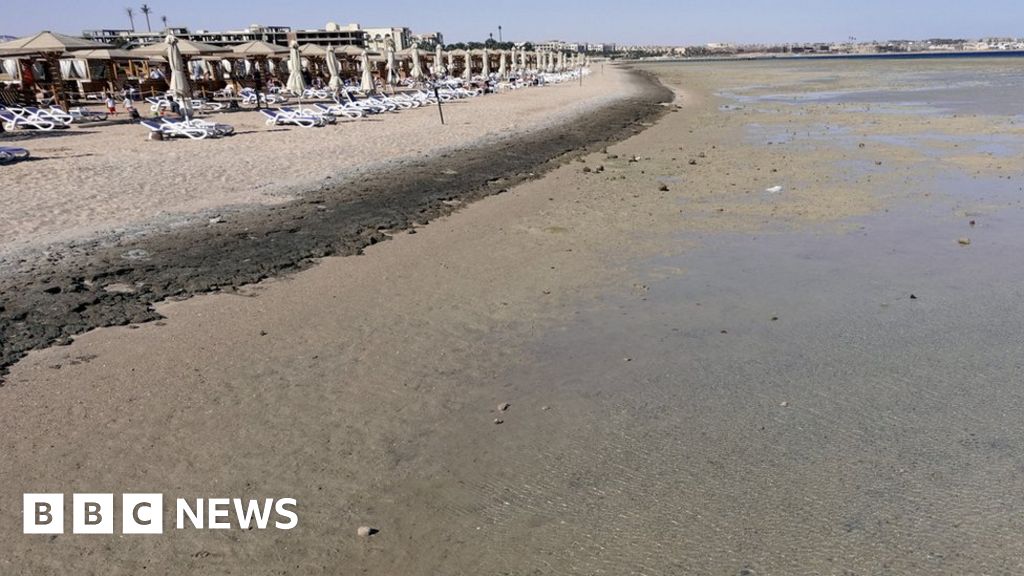Aura
Contributor
I think beyond what's considered an absolute counterindication to diving, there isn't really much of a grey zone. But I guess you could see it that way if you think of the reason of why you should not dive as the malicious will of an obscure higher power. Perhaps I'm naïve, but I think it's simply a matter of decency towards your fellow divers. The moment someone who dives with a medical issue gets into trouble in the water, it is no longer about themselves. Then they have caused a situation where others are at risk. And in this tragic case, that the lifeguards are accused of incompetence, even though the husband himself said in one of the articles that she didn't want to let her epilepsy stop her from diving, and kept it to herself.That's a repeat theme in these discussions, individual liberty vs. informing and bowing to the will of Big Brother, what's legit for a dive op. to 'discriminate' against/protect themselves from, and to what extent the process is about protecting the diver vs. clearing the dive op. from liability (or maintaining a shop's insurability) - often by transferring potential liability onto a physician who may know little about dive medicine or diving. It's a broad issue with many shades of gray.
People need to realize that this is not about their individual freedom, but that it has (potential) consequences for everybody they dive with as well. I hope that if I ever get a medical problem that makes it irresponsible for me to dive, that I will not cause others to witness a fatal accident.




